It can be confusing to diagnose turn signal problems, especially when the system shares wiring and connections with the parking, warning, and braking light systems.
Bulb, wire, connector, fuse, flasher unit, and switch failures are the most common causes of these problems. An average car owner can use a test light and, occasionally, a digital multimeter to troubleshoot these faults.
Anytime you need to work on an electrical circuit on your vehicle, you should have the repair manual for the make and model you are working on.
Not only does it show you where the wires and components are located and how they are connected, but it also shows you how to troubleshoot and replace them as necessary.
Honda Accord Signal Lights Not Working?
Make sure to check all of the electrical connections and bulbs in your kitchen before anything else. If there are any broken parts or malfunctions, it is essential to take care of them as soon as possible so that you don’t have any further issues.
It’s also a good idea to test the electrical system regularly to avoid problems down the road. Finally, if you notice that something is not working correctly, replacing broken parts or malfunctioning equipment can fix the issue quickly and efficiently.
The following steps can be taken to troubleshoot the issue:
Make sure the bulb is working first. You’ll either need to remove the lens or open the engine compartment (front light) to replace the bulb. The method of access varies by model. Consult your owner’s manual if necessary.
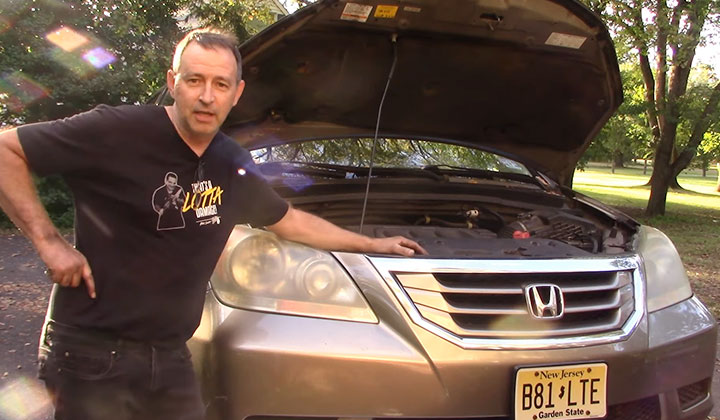
A two-filament bulb is most likely to be used as the turn signal. Check both filaments and the glass of the bulb for darkening.
The bulb should be replaced if it is not of the same type and wattage. If the bulb socket is corroded, it should be replaced. Ground and power connections should also be checked if necessary.
Check Fuses
If your Honda Accord signal lights are not working, a fuse may need to be replaced. When checking the fuses, having the correct size and type for your car is important.
Keep an accurate list of your car’s electrical components so you can quickly identify which fuse needs replacing. It is also helpful to know the locations of the Honda Accord’s electrical connectors in case something goes wrong while changing a fuse.
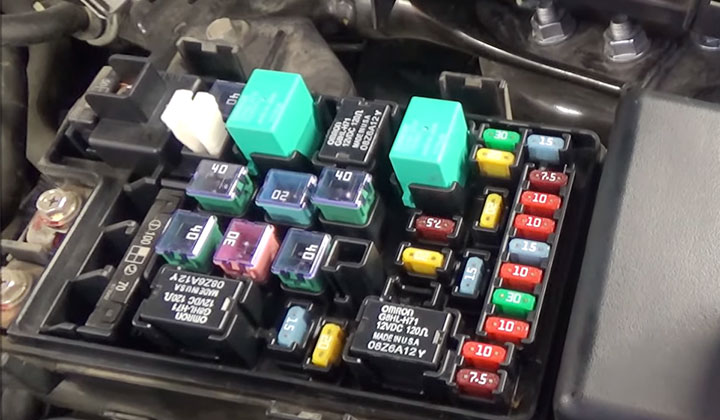
Remember to replace only the appropriate fuse for your model and make sure it is correctly installed before returning to driving safely.
Check Connections and Bulbs
If the Honda Accord signal lights are not working, there may be a problem with the connections and bulbs. To check for connections, check each light bulb one by one.
Next, test all of your car’s power sources to ensure they’re supplying enough juice to the signals. Make sure that all connectors on both sides of your vehicle are securely plugged into corresponding sockets (this includes parking light dimmer switches).
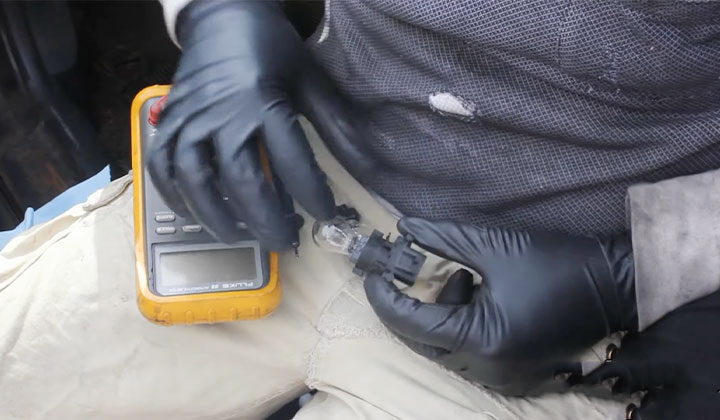
Finally, if everything looks good and you still don’t see a change in signal indicators, it might be time to replace either or all of your bulbs.
Test Electrical System
If your Honda Accord signal lights are not working, there may be a problem with the electrical system. Testing the electrical system can help determine the issue and correct it.
Checking fuses, wires, and connectors is essential to finding and correcting any problems in the wiring. Making sure all ground connections are secure is also critical for safeguarding against potential issues down the road.
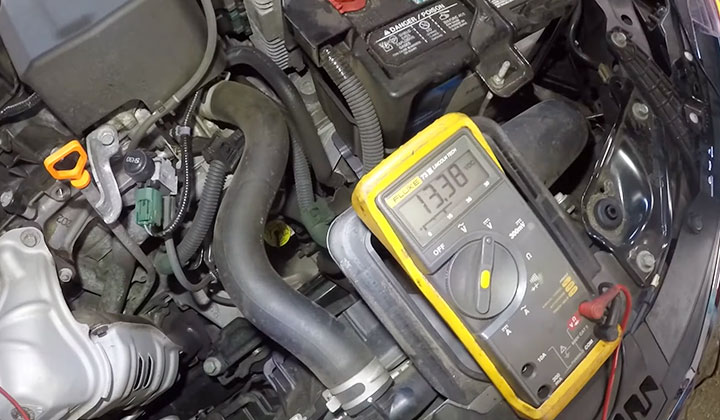
Having an expert check your car’s electrical system can save you time and money in repairs down the line.
Replace Broken Parts or Malfunctions
If your Honda Accord signal lights are not working, it is possible that a part has malfunctioned and needs to be replaced. Sometimes, signals can become disconnected from the car’s electrical system and must be fixed or replaced.
Other times, parts may wear out over time and need replacing as soon as possible for optimum driving safety. In some cases, broken bulbs or sockets on the dashboard may cause issues with the signal lights in an Accord; this requires professional repair services to correct them properly.
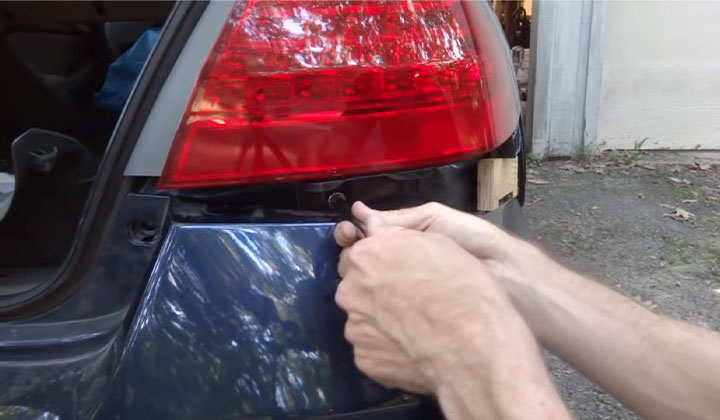
Be sure to keep an eye on warning light indicators if any of these repairs are necessary so you don’t end up stranded on the side of the road.
What causes signal lights to stop working?
Signal lights can stop working for various reasons, most notably if the bulbs are blown or if there is damage to the wiring. If the flasher relay isn’t resetting signals properly, it may be time to replace that component.
Turning signal switches can also go out of commission over time- in this case, you’ll need to test each switch operation individually. Sometimes, connections between wires and connectors become loose- in which case, tightening them up is necessary before continuing with your repair work.
Finally, always ensure that both power and ground connections are solid when troubleshooting any issue with car signaling systems.
Is there a turn signal fuse?
If there is a fuse in the turn signal module, it’s essential to know that power to the turn signals will be shut off if it blows. If your turn signal light bulb goes out, check for burned-out filaments and replace them as necessary.
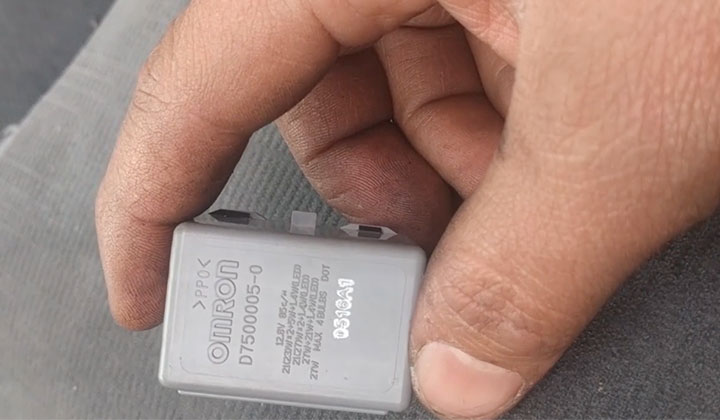
In case of a defective or burnt-out bulb, replace it as soon as possible to avoid getting pulled over by the police.
Where is the fuse located for the turn signals?
The fuse panel is located on the car’s driver’s side under the hood. To check if a turn signal light works, you may need to remove the thermal flasher unit below the turn signal switch and test it with a voltmeter.
If your relay box needs replacing, be sure to replace both the breaker and wiring harness to restore power to all your turn signals simultaneously. You can find more information about locating specific components on our website or in one of our automotive manuals.
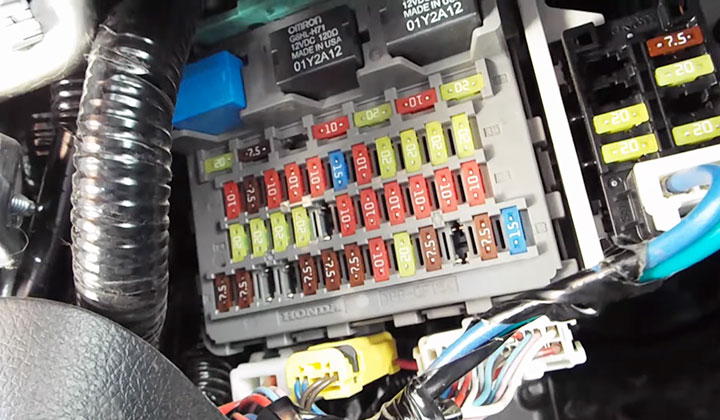
Always ensure that your cigarette lighter socket is correctly plugged into an electrical outlet before starting your car – this will also ensure the proper functioning of other essential systems.
How much does it cost to replace a turn signal relay?
It can cost anywhere from $50 to over $200, depending on the make and model of your car. The hardest part of replacing a turn signal relay is opening up the dashboard, but it’s not too tricky if you have some essential tools and know-how to work with electrical systems in cars.
The time required for a turn signal relay replacement ranges from around 30 minutes to several hours, so be prepared. You’ll need the following parts: an electric screwdriver, wire cutters or pliers, solder iron, and a few other small tools.
If you’re having trouble replacing your turn signal relay, don’t hesitate to take your car to a mechanic who will do the job quickly and correctly for less money than buying new parts.
How much does it cost to fix a turn signal light?
The repair costs for a turn signal switch can vary depending on the make and model of your vehicle. Labor costs will also be different based on the job being done and the type of turn signal switch being repaired.
Parts prices will change depending on whether you need a new or replacement part and its location on the car. Taxes and fees may apply when getting service work done, so consult with your tax advisor before making any decisions about repairs.
Knowing your vehicle’s make & model can help you understand what to expect regarding cost.
To Recap
If your Honda Accord signal lights are not working, there could be a few potential causes. One possibility is that the bulbs may be burnt out or defective, requiring replacing.
Another possibility is that the wiring in the car might be damaged and need to be repaired or replaced. In any case, if you notice that one or more of your Honda Accord’s signal lights aren’t working, it’s essential to take action as soon as possible so that you can get the issue fixed and keep your vehicle safe on the road.
You might also need to reset the onboard computer.

Leave a Reply